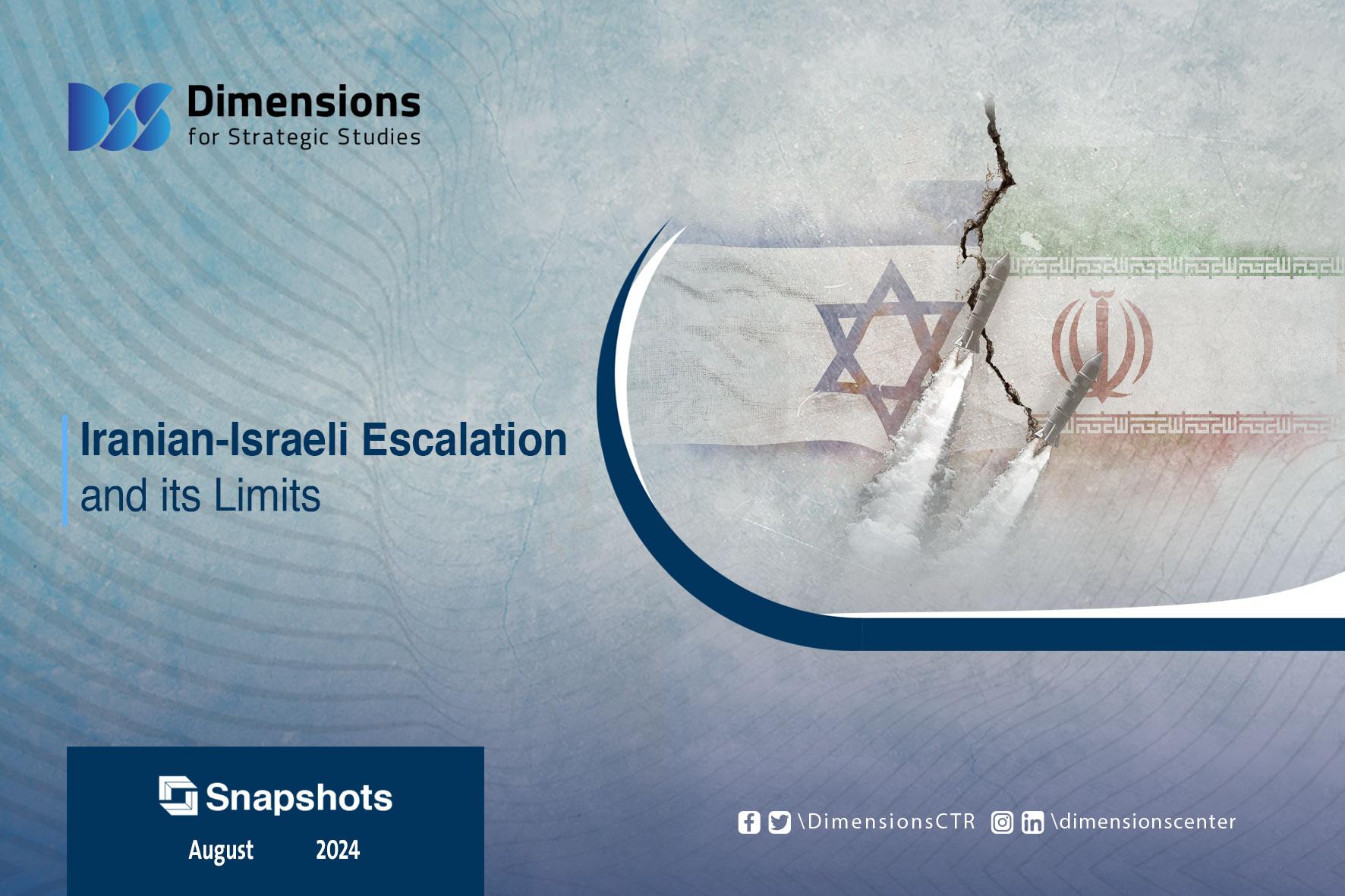
Iranian-Israeli Escalation and its Limits
2024-08-093841 view
Israel has sharply stepped up the pressure against Iran and its allies with a string of operations, bombing the vital Houthi-controlled port of Hodeidah in Yemen, assassinating the chief of staff for Hezbollah’s precision missile program Fuad Shukr, and killing Hamas leader Ismail Haniyeh in the heart of Tehran.
It is clear that the trio of operations had received a green light from the United States, in response to an Iranian message to Israel and America in the form of a deadly Houthi drone attack that struck close to a U.S. diplomatic facility in Tel Aviv.
Israel and the United States are seeking to impose greater costs on Iran and its allies in order to deter them more effectively. They also want to tone down Tehran’s behavior so the U.S. presidential elections can pass off as calmly as possible, limiting fighting to Gaza and preventing it from expanding into a wider war.
That, at least, is the vision of the Biden administration—much to the chagrin of Israeli Prime Minister Benjamin Netanyahu, who wants to expand the war but instead has been forced to adhere to the American position. However, he is betting that he will be able to achieve his goal, if and when former President Donald Trump returns to the White House.
Iranian officials are engaged in an internal debate about how Iran should respond to Haniyeh’s assassination. They are likely to launch a combined response aimed at restoring Iranian prestige, through a symbolic attack on Israel and by allowing pro-Iranian factions in Iraq, along with the Houthis, to carry out more operations against American interests in the region.
Unless Iran responds in a way consistent with the major breach represented by the assassination of a prominent figure in the heart of its capital, the balance of deterrence will be shifted in Israel’s favor, undermining the trust of Iran’s allies in their benefactor.
However, Israel’s move has presented the Islamic Republic with a choice: either carry out a strong and proportionate response, and risk being dragged into a war that could lead to a direct confrontation with NATO, led by the U.S., or accept the current equation, and consider re-adjusting priorities—in which case Iran will lean towards securing and preserving its influence in Iraq and Lebanon above all.
The more likely option is that it carries out a limited response, continues the difficult process of negotiations over ending the U.S. troop presence in Iraq, and works to preserve the balance of threat between Hezbollah and Israel.





